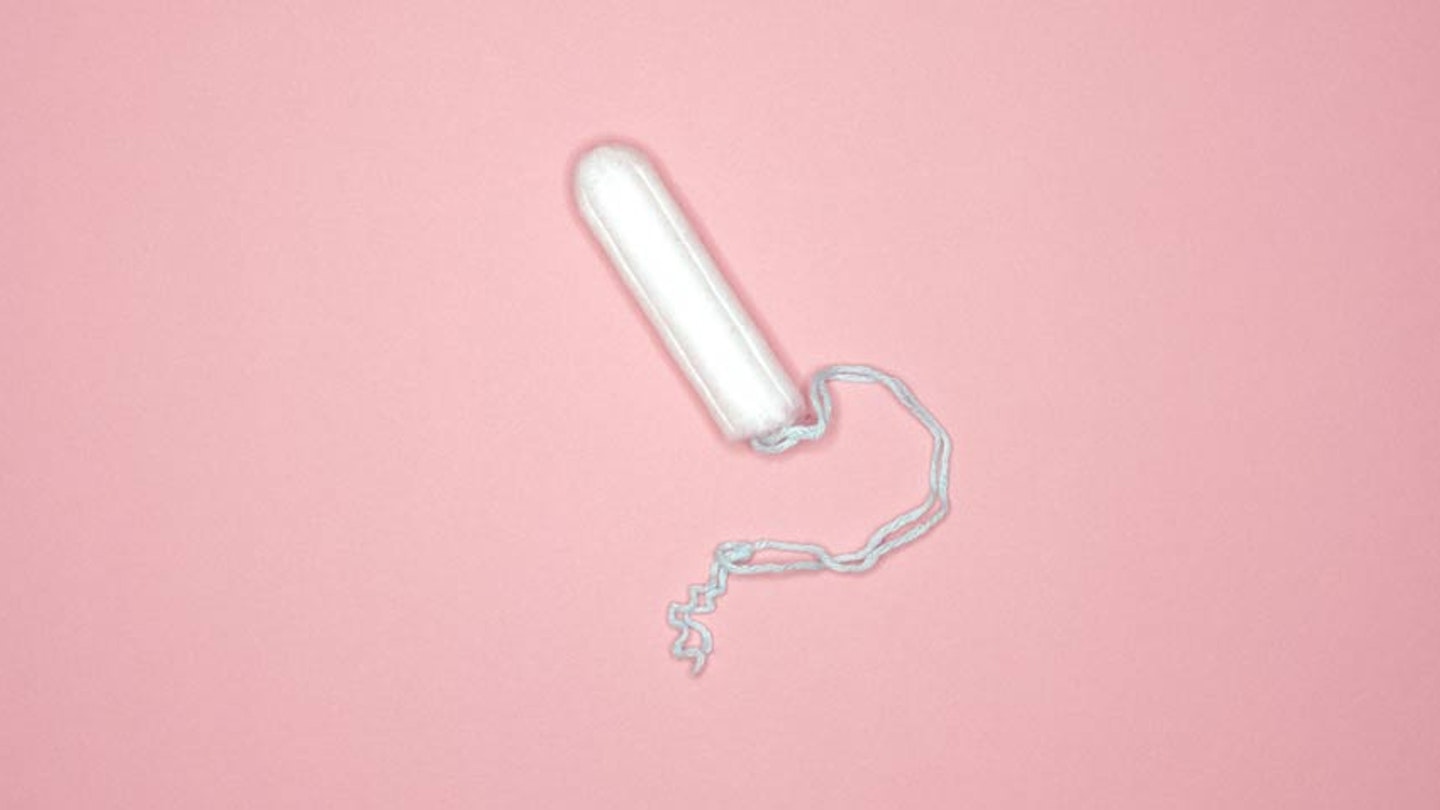We’re buying less tampons, but it may not be for a good reason. Turns out that more and more women are taking the pill, not just for contraception but also to control the timing of their periods, or stop them altogether. But what is that doing to our health? Or more specifically, our mental health?
I know how much the pill can bog you down mentally. Of course, not all of us have been negatively affected by the pill. For some, it’s been attributed to improving mood and decreasing menstrual pain. But for me, as someone already susceptible to anxiety, the pill wreaks utter havoc on my brain, making every microscopic problem and fear enormous. I don’t know this because of an air-tight study or investigation proving so; I know this because I’ve experienced it first hand on three very different types of hormonal contraception. And I’m not the only one.
According to The Independent, the amount spent on tampons in the U.K. fell by almost 25% from £56m to £43m over the last four years, with researchers saying that a growing number of women were ditching period-related products altogether. Experts are saying the reason behind the drop could be that there has been an increased use of contraception methods which can stop periods or make them lighter and less regular, such as the progesterone-only pill or long-term methods like the coil or implant. But, what does using the progesterone-only pill mean for our health when progesterone is known for causing mood changes?
A close friend of mine told me she experienced hardly any mood changes on the traditional pill, however when she was switched to the progesterone-only pill in order to avoid blood clots, she experienced intense depression, despite her never before having had issues with her mental health. She only climbed out of her depressive state a year later, when her new doctor took her off that medication.
A recent FOI investigation by The Debrief uncovered that there is a causal relationship between the contraceptive pill and mental health issues such as depression, anxiety and panic attacks. The Debrief’s survey of more than one thousand women found that out of people who were taking the pill or had taken it in the past, 45% said they had experienced anxiety while 20% reported experiencing panic attacks which they attributed to hormonal contraception.
A recent Danish study also found that women who were taking hormonal contraception were more likely to be prescribed an antidepressant than those not on hormonal contraception.
So is that how far we're willing to go to have control over our periods? Are we willing to subject ourselves to the risk of experiencing mental health problems? Or is that the only option we have in the face of a pill that hasn't been improved upon since the 1960s?
There is now more demand than ever for better research and innovation in contraception in the UK. There’s been calls for doctors to be better educated about the risks and side effects associated with taking the pill. If you scour online health blogs and forums, you’ll find multitudes of women who say they felt dismissed or ignored by their doctor when they brought up concerns over their mental health while taking the pill.
So we're buying less tampons, that's certainly good for our wallets. But, with more women relying on hormonal contraception to be able to control their periods, it begs the question, at what cost?
For me, there’s no cost to be considered. I refuse to try any hormonal contraception until the full effect of synthetic hormones' on women are properly investigated. In the meantime, I’ll have to rely on other forms of contraception. Forking out for tampons is a small price to pay if it means I get to be happier.
